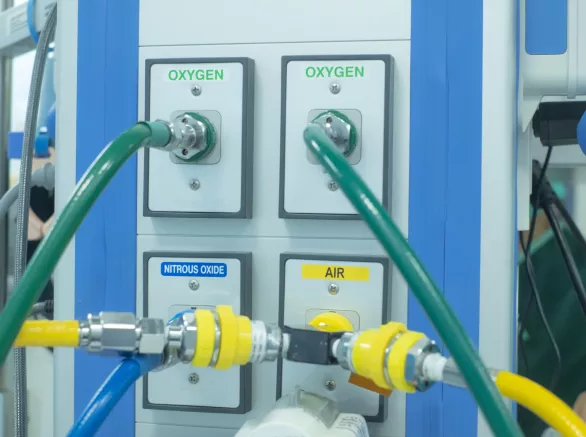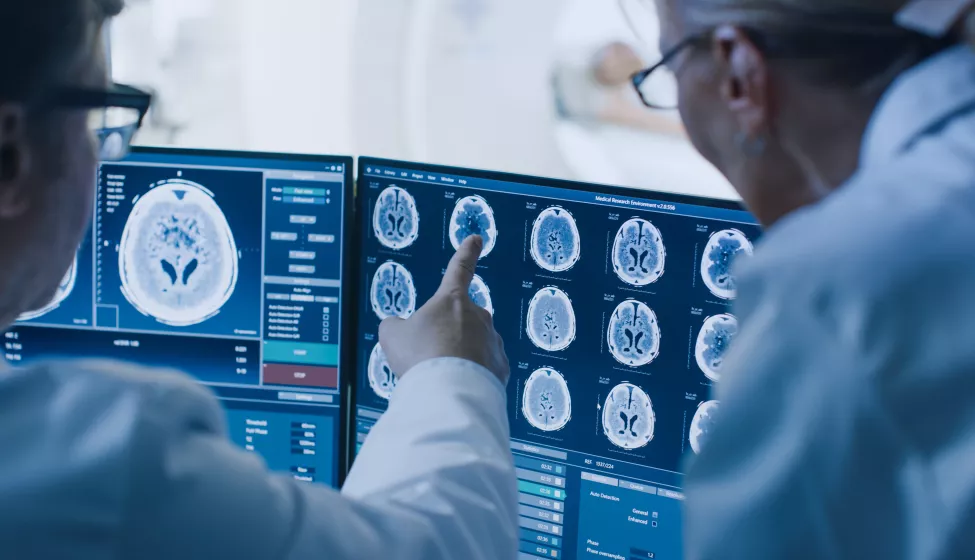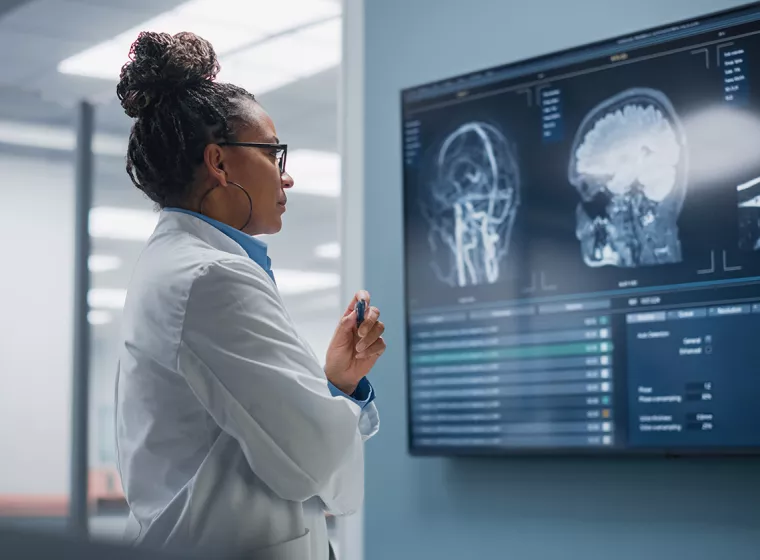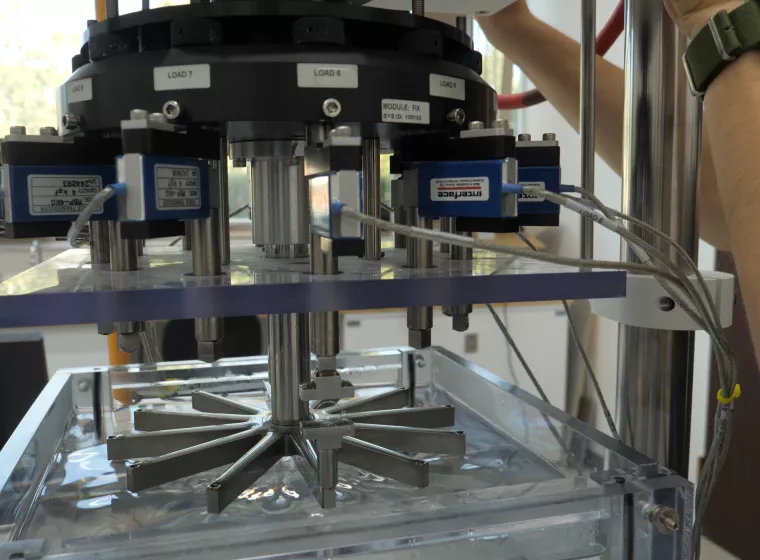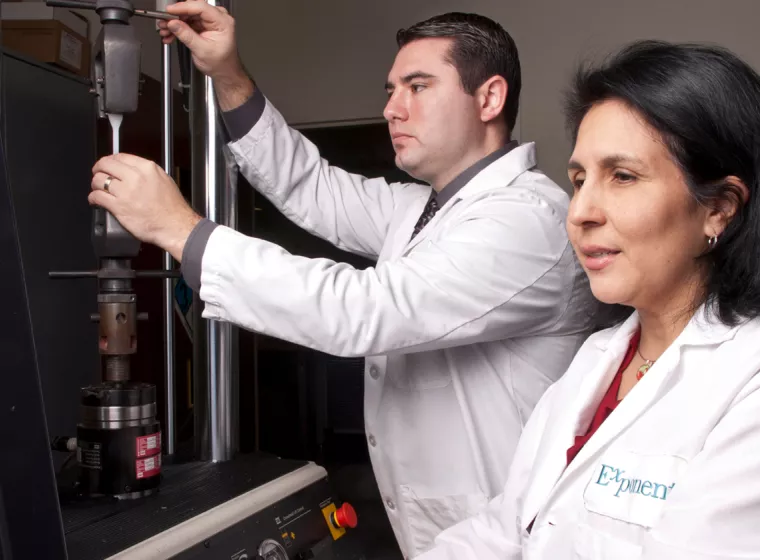January 15, 2025
Predetermined change control plans can support safe and effective product updates without additional submissions
The Food and Drug Administration has finalized its 2023 draft guidance on predetermined change control plans (PCCPs) for artificial intelligence-enabled (AI-enabled) medical devices. A PCCP allows manufacturers of devices with marketing authorization to undergo certain revisions without an additional marketing application. By including a PCCP, premarket submissions for medical devices featuring AI-enabled device software functions (AI-DSF) can support continued safe and effective device updates that would otherwise require additional submissions (e.g., PMA supplement, De Novo submission, or 510(k)).
What does this mean for medical device manufacturers?
FDA updates to the draft guidance include clarification about what information to include in a PCCP regarding device labeling and public decision summaries, implementation of device modifications, and postmarket surveillance recommendations. Manufacturers will now need to plan for device updates after marketing authorization. This includes procedures for continuous monitoring of device performance related to PCCP changes, notification requirements if a device does not function as intended, and updating labeling when modifications are implemented.
FDA states its intention behind the finalized guidance is "to provide a forward-thinking approach to promote the development of safe and effective" medical devices that include one or more AI-enabled device software functions. Simultaneously, FDA aims to support the iterative improvement of AI-DSFs through future modifications documented in a PCCP that describes how the modifications will be made and assessed.
Like the 2023 draft guidance, the finalized guidance suggests a PCCP for medical devices with AI-DSFs should include a description of the "planned AI-DSF modifications; the associated methodology to develop, validate, and implement those modifications; and an assessment of the impact of those modifications." The final guidance provides appendices including examples of modification protocol components for AI-DSFs and example AI-DSF scenarios utilizing PCCPs. The examples of AI-DSF scenarios utilizing PCCPs include patient monitoring, skin lesion image analysis, ventilator settings, feeding tube placement radiographic analysis software, an image acquisition assistance device, and an optical imaging system co-packaged with an imaging drug (a combination product).
Growing number of FDA-authorized AI/ML-enabled medical devices
To give medical device developers a broad perspective on the current market for AI/ML-enabled devices, FDA created an AI/ML-enabled Medical Device List. As of December 2024, the list included 1,016 authorized AI/ML-enabled medical devices with more than 350 authorized since January 2023.
FDA hosted a webinar for stakeholders interested in learning more about the final guidance for PCCPs and AI-DSFs on Jan. 14. Materials from that webinar can be found here.
What Can We Help You Solve?
Exponent's multidisciplinary AI/ML and medical device consultants can support the development and evaluation of cutting-edge algorithms and the devices they power. Leveraging a broad range of engineering, healthcare, data sciences, and biomedical expertise, we help medical device manufacturers navigate the full product lifecycle for AI/ML-enabled devices, including premarket and postmarket requirements.
Insights
